Around 20 drug groups active in Serbia
There are about 20 organized drug trafficking groups active in Serbia, according to daily Danas.
Tuesday, 13.01.2009.
12:48

There are about 20 organized drug trafficking groups active in Serbia, according to daily Danas. The daily writes that most of these groups work out of larger cities like Belgrade, Novi Sad, Jagodina, Novi Pazar and Nis. Around 20 drug groups active in Serbia These groups have a certain structure, but are no more powerful than any similar groups in the region, nor are anywhere near as powerful as the once notorious Zemun Clan, Danas understands from the Anti-Organized Crime Service’s narcotics department. Asked who the Serbian crime bosses were, agency inspectors said that there were no bosses in the traditional sense any longer. The Serbian Interior Ministry (MUP) leads the region in terms of arrests and seized drugs, both in the Balkans and this part of South-East Europe. In 2008, the MUP confiscated 1.7 tons of drugs—mostly marijuana, almost 1.5 tons, but also 200 kilograms of heroin and 10.5 of cocaine. The largest single seizure was 275 kilograms of marijuana, the most common drug in Serbia and the entire region, coming mainly from Montenegro and Albania. MUP officials told Danas that a national anti-drug strategy needed to be adopted. The draft of that strategy is complete and is due for adoption by the government. Serbia is located in the center of the Balkan heroin smuggling route. It is estimated that more than 80 percent of heroin destined for the western market passes through here. Heroin comes in to Serbia from Turkey and Bulgaria. From Macedonia, heroin is usually taken to Kosovo, from where it is distributed throughout the European Union. An increase in heroin coming from Romania has been noted of late. The route from Turkey, through Bulgaria and Romania, has enjoyed a 20 percent increased in popularity since 2007. MUP officials say that the route through Serbia does not pay off, but that most drugs are now being taken directly from Romania and Bulgaria to other EU member states. As far as Kosovo is concerned, police say that it is a very sensitive area for heroin smuggling and that crime groups in that region are burgeoning. Any operations in Kosovo require UNMIK’s prior consent. Seizures of drugs, not only in Serbia but in the Western European market, show that a lot of the heroin comes from Kosovo.
Around 20 drug groups active in Serbia
These groups have a certain structure, but are no more powerful than any similar groups in the region, nor are anywhere near as powerful as the once notorious Zemun Clan, Danas understands from the Anti-Organized Crime Service’s narcotics department.Asked who the Serbian crime bosses were, agency inspectors said that there were no bosses in the traditional sense any longer.
The Serbian Interior Ministry (MUP) leads the region in terms of arrests and seized drugs, both in the Balkans and this part of South-East Europe.
In 2008, the MUP confiscated 1.7 tons of drugs—mostly marijuana, almost 1.5 tons, but also 200 kilograms of heroin and 10.5 of cocaine.
The largest single seizure was 275 kilograms of marijuana, the most common drug in Serbia and the entire region, coming mainly from Montenegro and Albania.
MUP officials told Danas that a national anti-drug strategy needed to be adopted. The draft of that strategy is complete and is due for adoption by the government.
Serbia is located in the center of the Balkan heroin smuggling route. It is estimated that more than 80 percent of heroin destined for the western market passes through here.
Heroin comes in to Serbia from Turkey and Bulgaria. From Macedonia, heroin is usually taken to Kosovo, from where it is distributed throughout the European Union.
An increase in heroin coming from Romania has been noted of late. The route from Turkey, through Bulgaria and Romania, has enjoyed a 20 percent increased in popularity since 2007.
MUP officials say that the route through Serbia does not pay off, but that most drugs are now being taken directly from Romania and Bulgaria to other EU member states.
As far as Kosovo is concerned, police say that it is a very sensitive area for heroin smuggling and that crime groups in that region are burgeoning.
Any operations in Kosovo require UNMIK’s prior consent. Seizures of drugs, not only in Serbia but in the Western European market, show that a lot of the heroin comes from Kosovo.











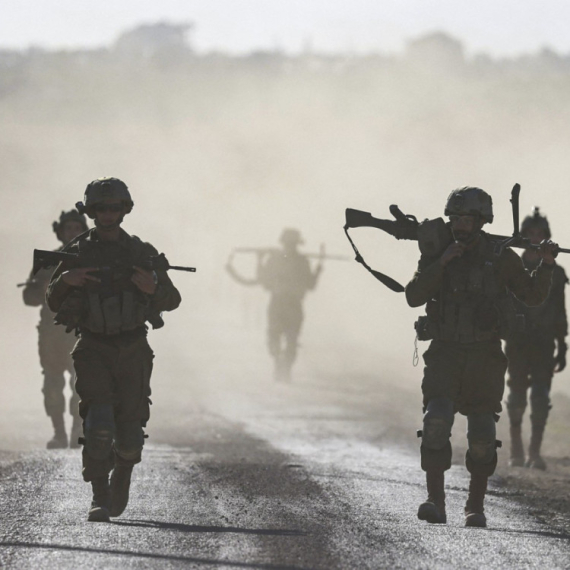

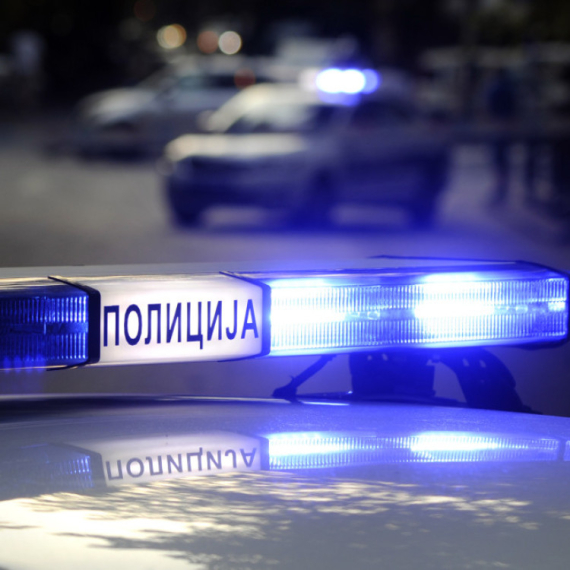
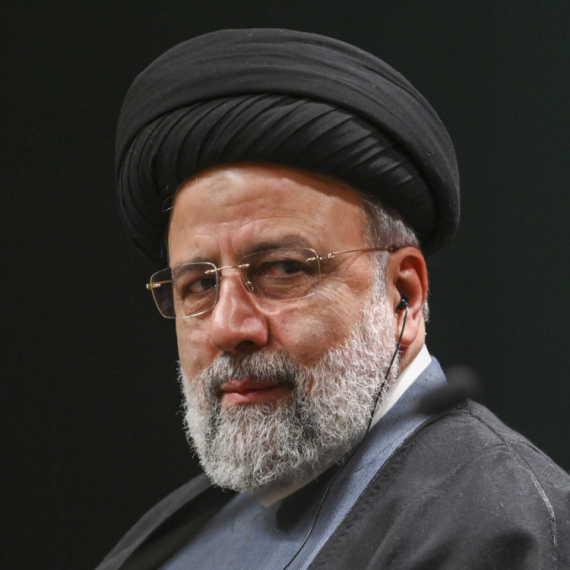
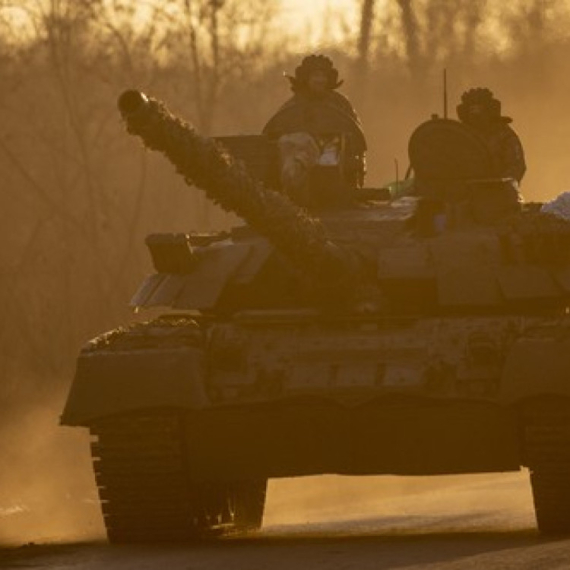
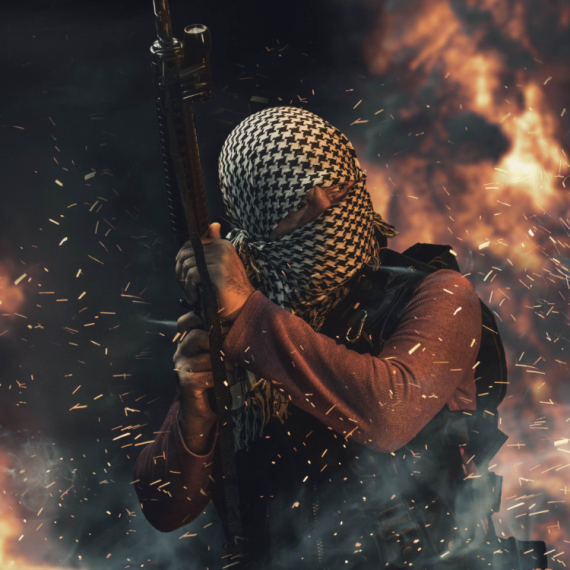
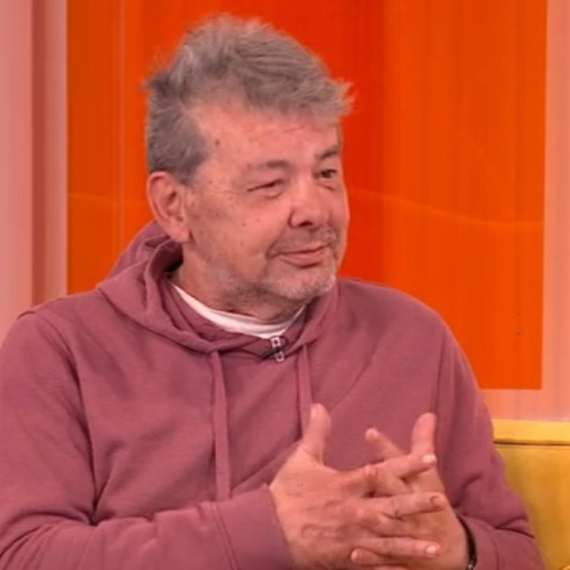
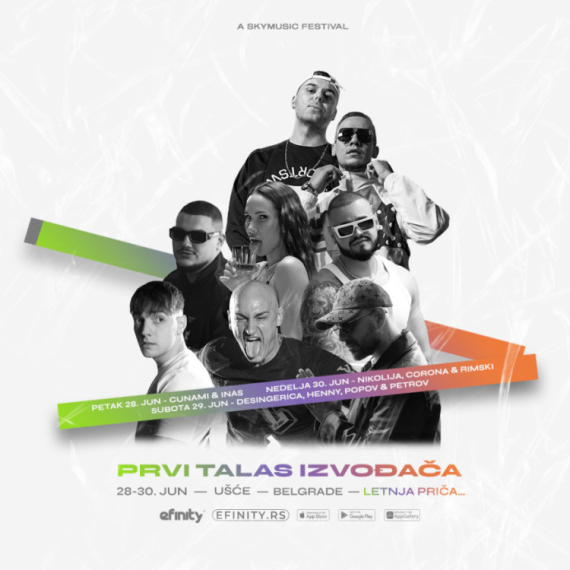
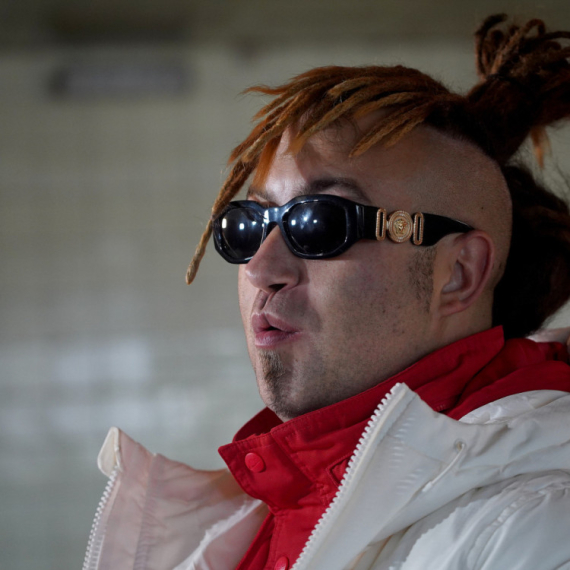
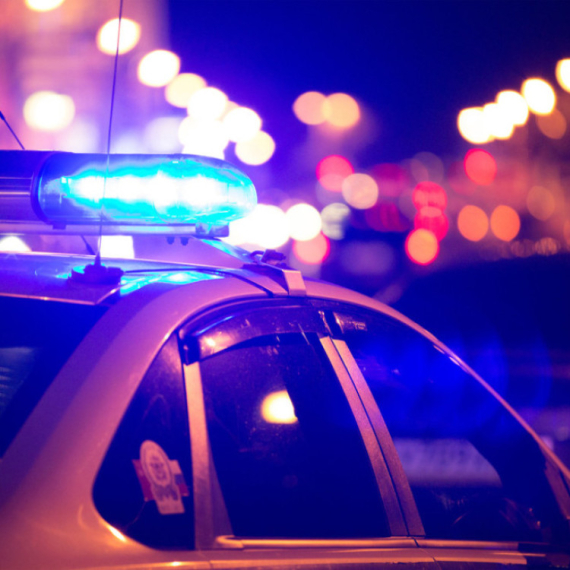
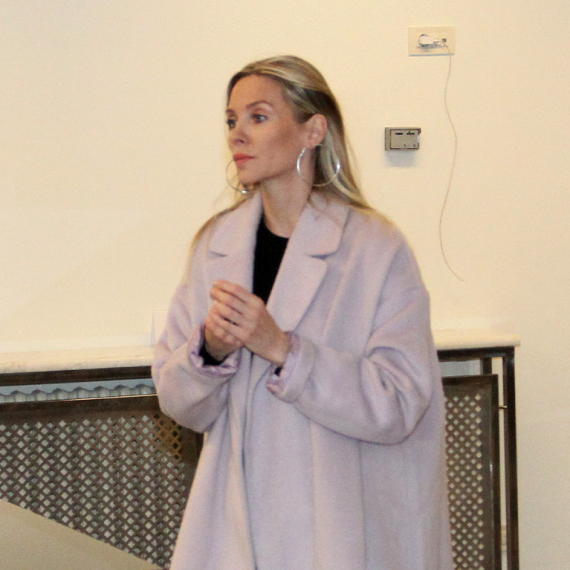



















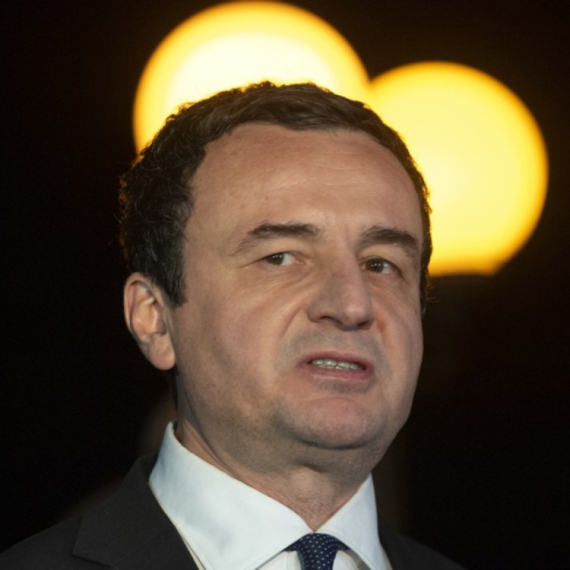






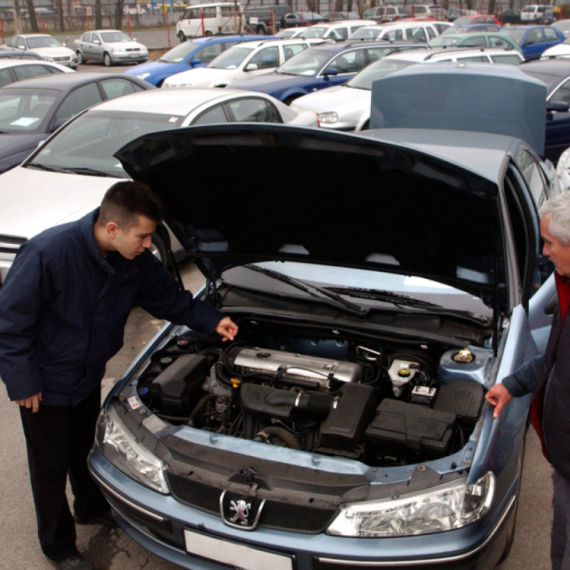

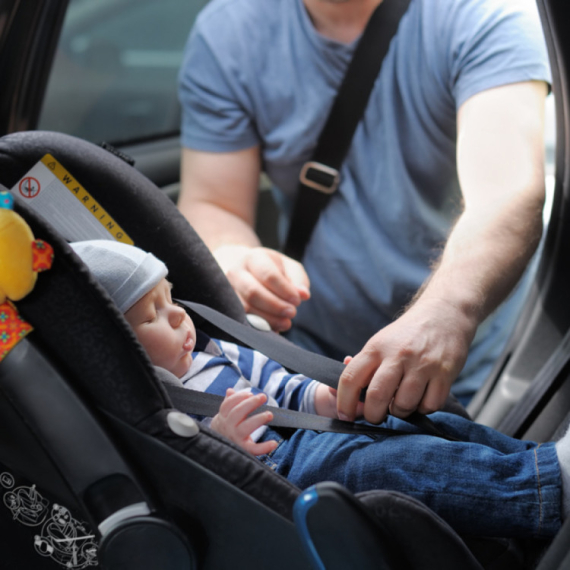
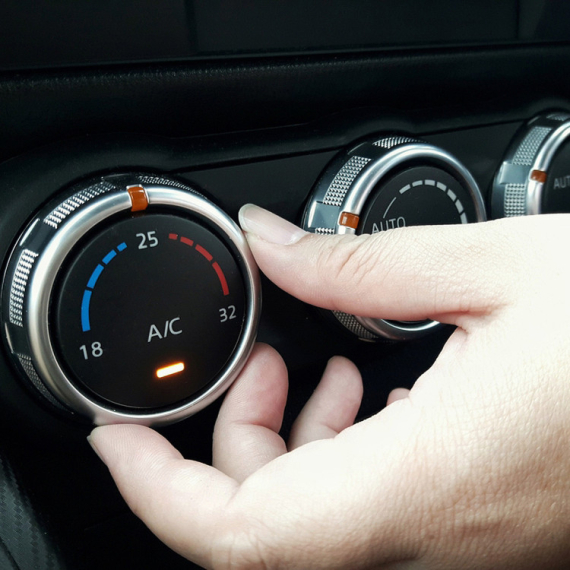




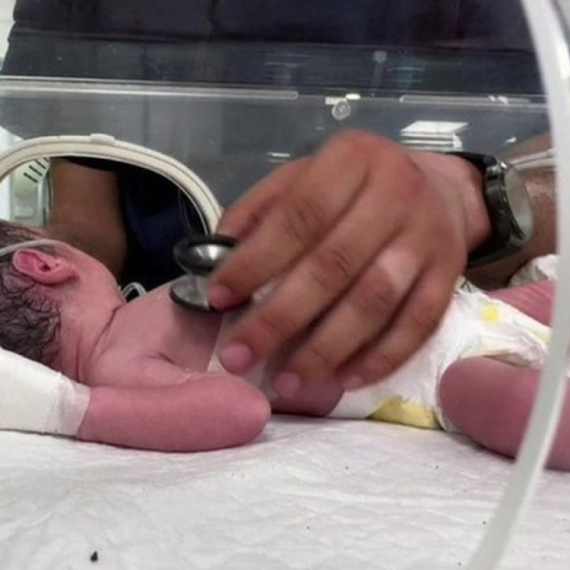

Komentari 4
Pogledaj komentare